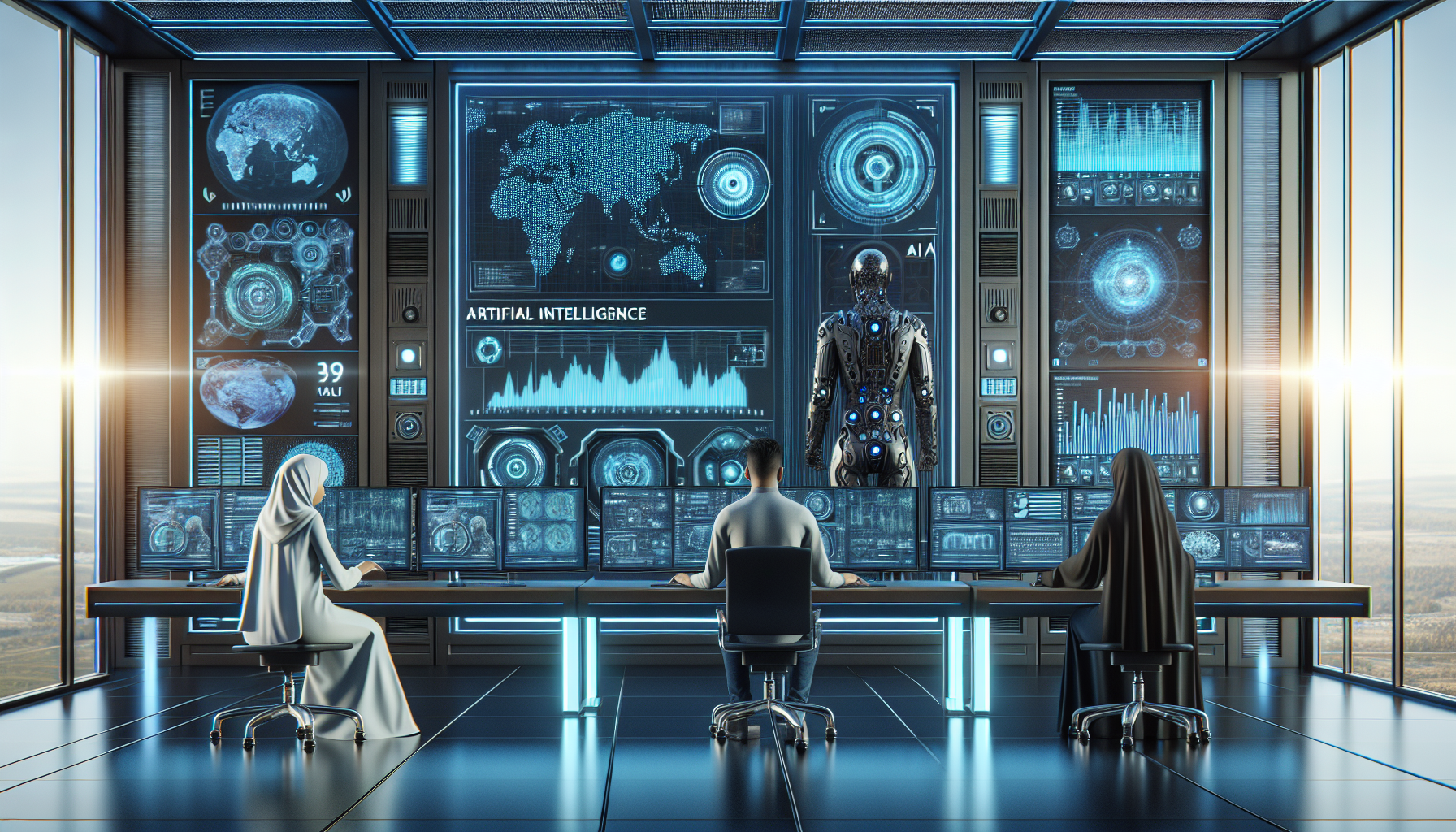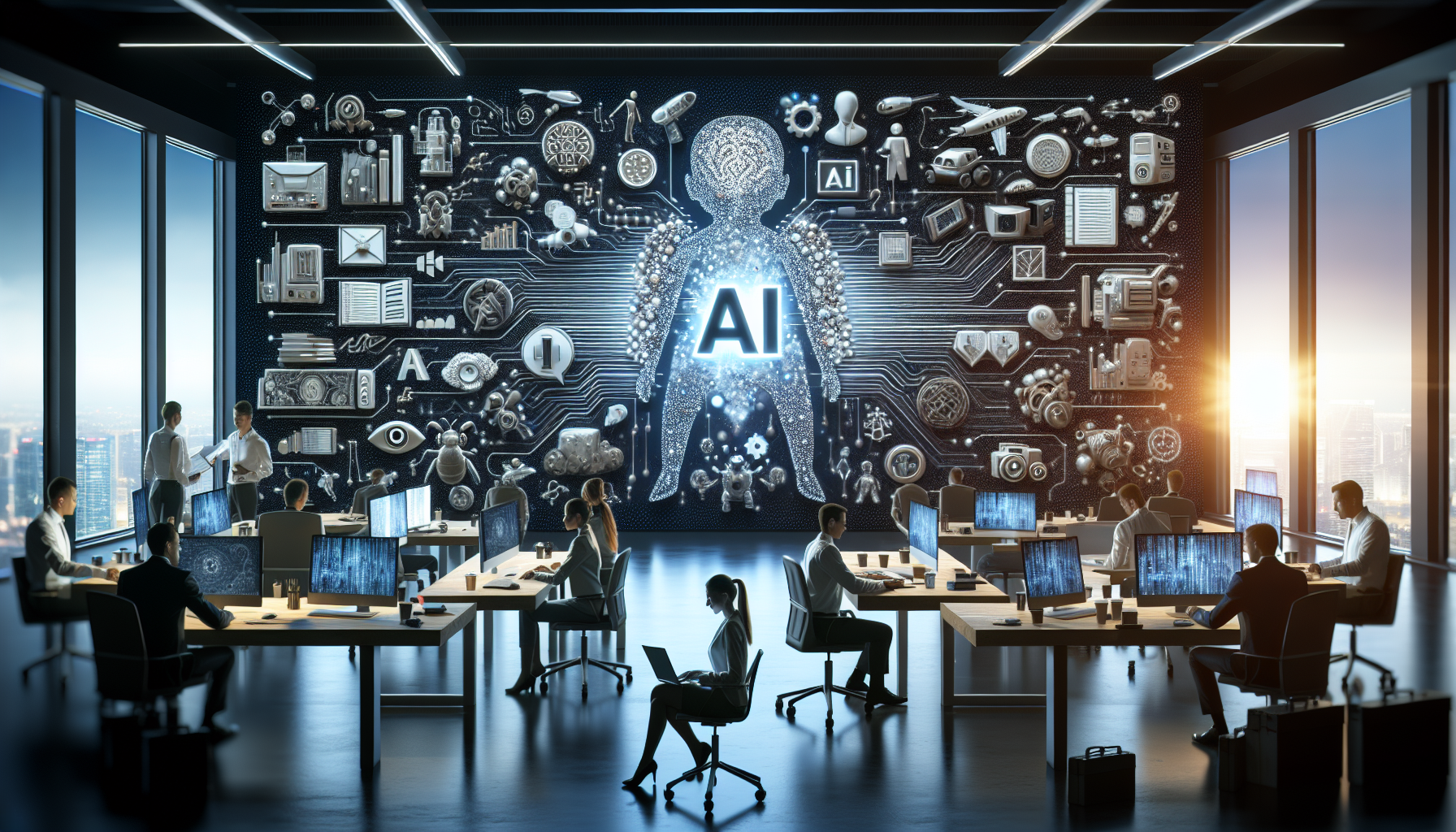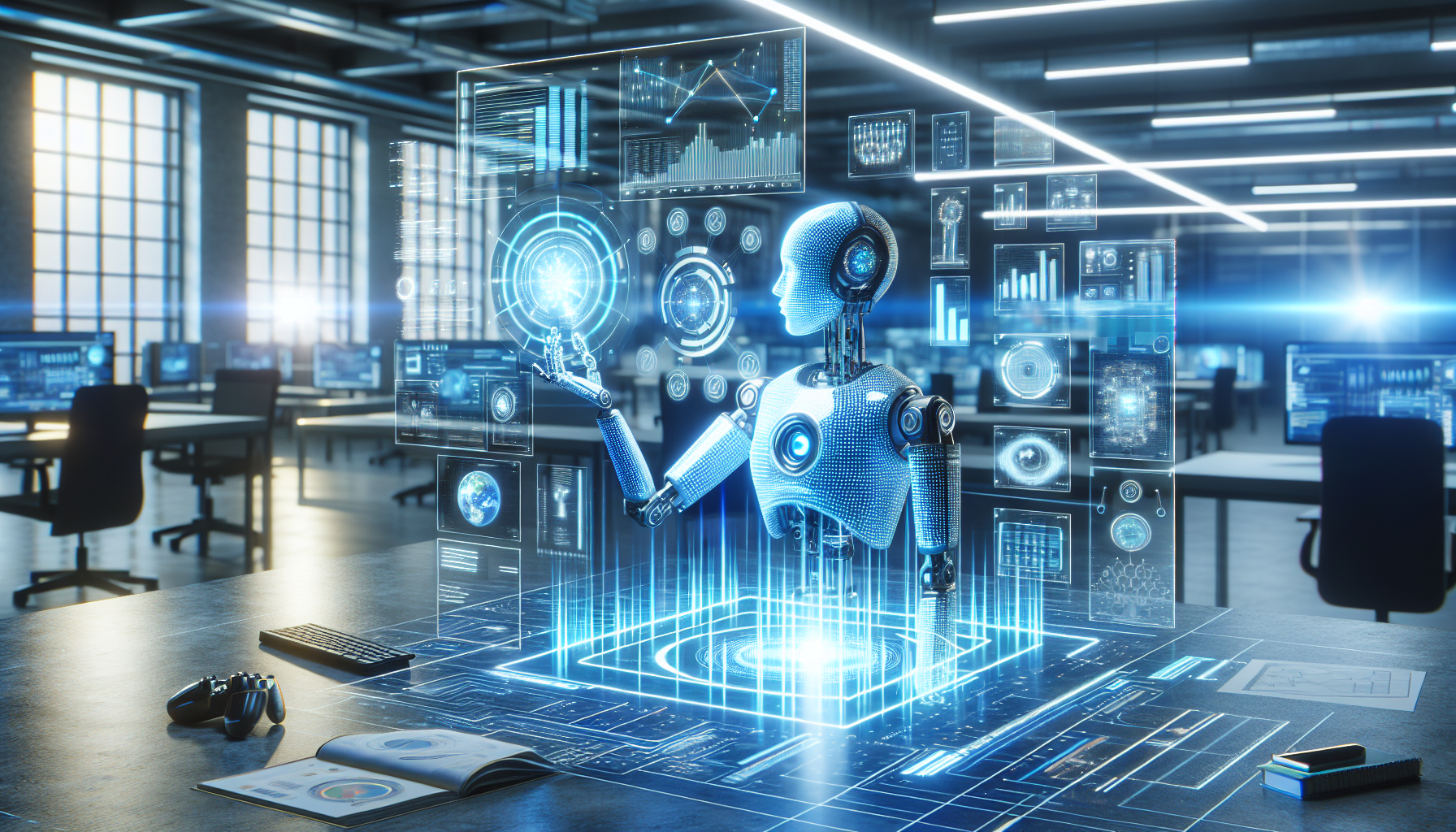
AI and Climate Change: Pioneering Solutions for a Greener Tomorrow
November 25, 2025
Artificial intelligence, often perceived as a technological marvel, is emerging as an unexpected ally in the fight against climate change. As our planet grapples with the mounting challenges of a warming climate, AI is stepping into the spotlight, offering innovative solutions and inspiring hope for a sustainable future. But how exactly is AI transforming the way we approach this global crisis, and what trends are driving these changes?
Imagine a world where forests can be monitored in real-time, predicting deforestation before it happens, or where energy grids are optimized to minimize waste and maximize efficiency. This is not the distant future; it's happening now, thanks to AI. Through advanced machine learning algorithms, AI systems are analyzing vast amounts of environmental data with unprecedented speed and accuracy. This capability is enabling researchers and policymakers to make informed decisions that significantly impact climate strategies.
One of the most promising trends in AI's application to climate change is the development of predictive models. By analyzing historical climate data, AI can forecast future environmental conditions with remarkable precision. These models are crucial for anticipating extreme weather events, allowing communities to prepare and mitigate potential damage. For instance, AI-driven models can predict hurricanes' paths more accurately, giving people more time to evacuate and reducing the risk of casualties.
Moreover, AI is playing a pivotal role in optimizing renewable energy sources. Solar and wind energy systems are famously variable, producing energy only when the sun shines or the wind blows. AI algorithms can predict these patterns, allowing energy systems to store excess power and distribute it when demand is high, thereby reducing reliance on fossil fuels. This optimization not only lowers emissions but also makes renewable energy more viable and attractive for large-scale adoption.
In agriculture, AI is revolutionizing sustainable practices by enabling precision farming. By analyzing satellite imagery and sensor data, AI systems can assess soil health, detect pest outbreaks, and determine the optimal time for planting and harvesting. This level of precision helps farmers increase yields while reducing the need for water, fertilizers, and pesticides, which are major contributors to greenhouse gas emissions.
Transportation, a significant source of carbon emissions, is also benefiting from AI innovations. From self-driving electric vehicles to AI-optimized traffic systems, these technologies are reducing congestion and emissions in urban environments. By analyzing traffic patterns, AI can suggest alternative routes, synchronize traffic lights, and even predict maintenance needs for public transport systems. These improvements not only cut emissions but also enhance the quality of life by reducing travel time and improving air quality.
AI's potential in combating climate change extends to conservation efforts as well. For instance, AI-driven drones and camera traps are being used to monitor wildlife populations and habitat changes. These technologies provide valuable data that conservationists can use to protect endangered species and maintain biodiversity, which is crucial for robust ecosystems that can adapt to climate change.
Interestingly, AI is also fostering collaboration across borders and sectors. By providing a common platform for data sharing and analysis, AI encourages countries, companies, and organizations to work together towards common climate goals. This collaborative spirit is essential for tackling a global issue that knows no boundaries.
Despite these promising developments, the implementation of AI in climate change efforts is not without challenges. Ethical concerns about data privacy, the potential for bias in AI algorithms, and the energy consumption of AI systems themselves are significant hurdles to overcome. However, the potential benefits of AI in creating a sustainable future far outweigh these challenges, inspiring a new generation of innovators to find solutions.
As we reflect on AI's transformative impact on climate change, one cannot help but wonder: how will these technologies continue to evolve, and what new possibilities will they unlock? The intersection of AI and climate change is a burgeoning field ripe with potential, inviting us all to imagine a future where technology and nature work hand in hand to create a more harmonious world.
By exploring these questions and embracing the possibilities AI offers, we can continue to nurture hope and innovation in the face of one of humanity's greatest challenges. The road ahead may be complex, but with AI as an ally, it is a journey that holds promise and inspiration for a greener, more sustainable tomorrow.


